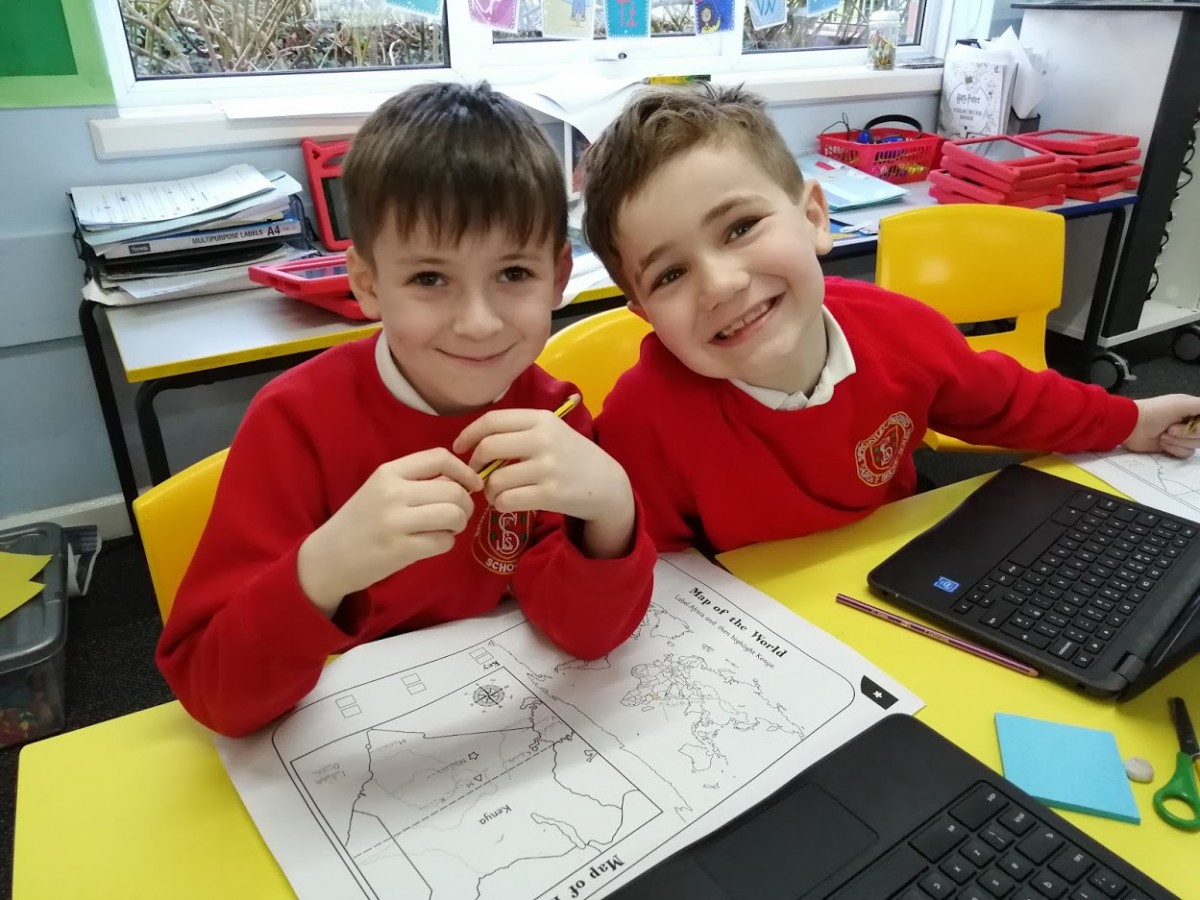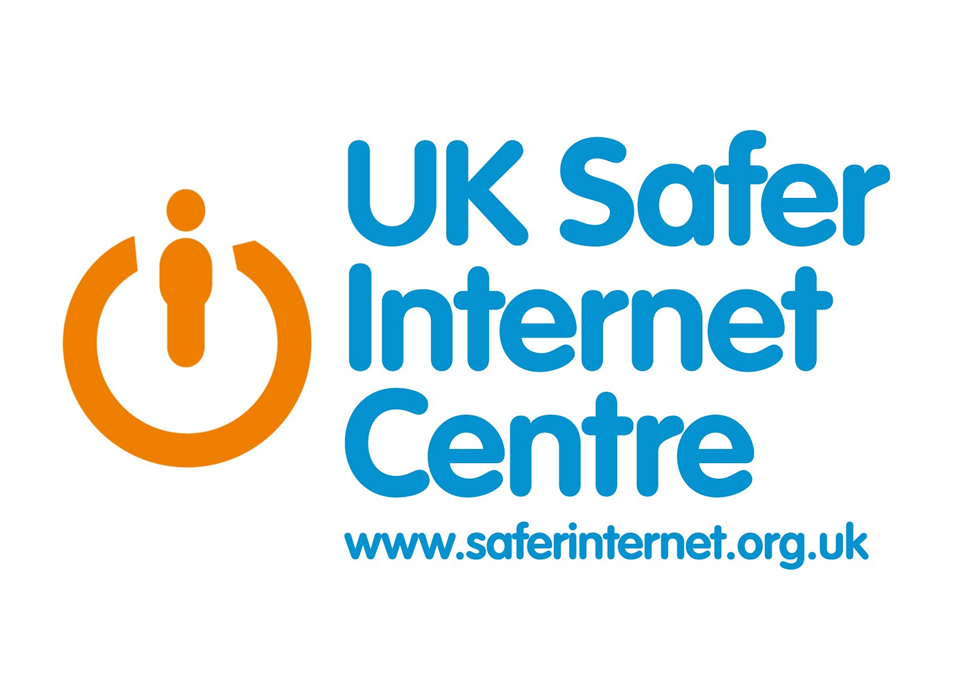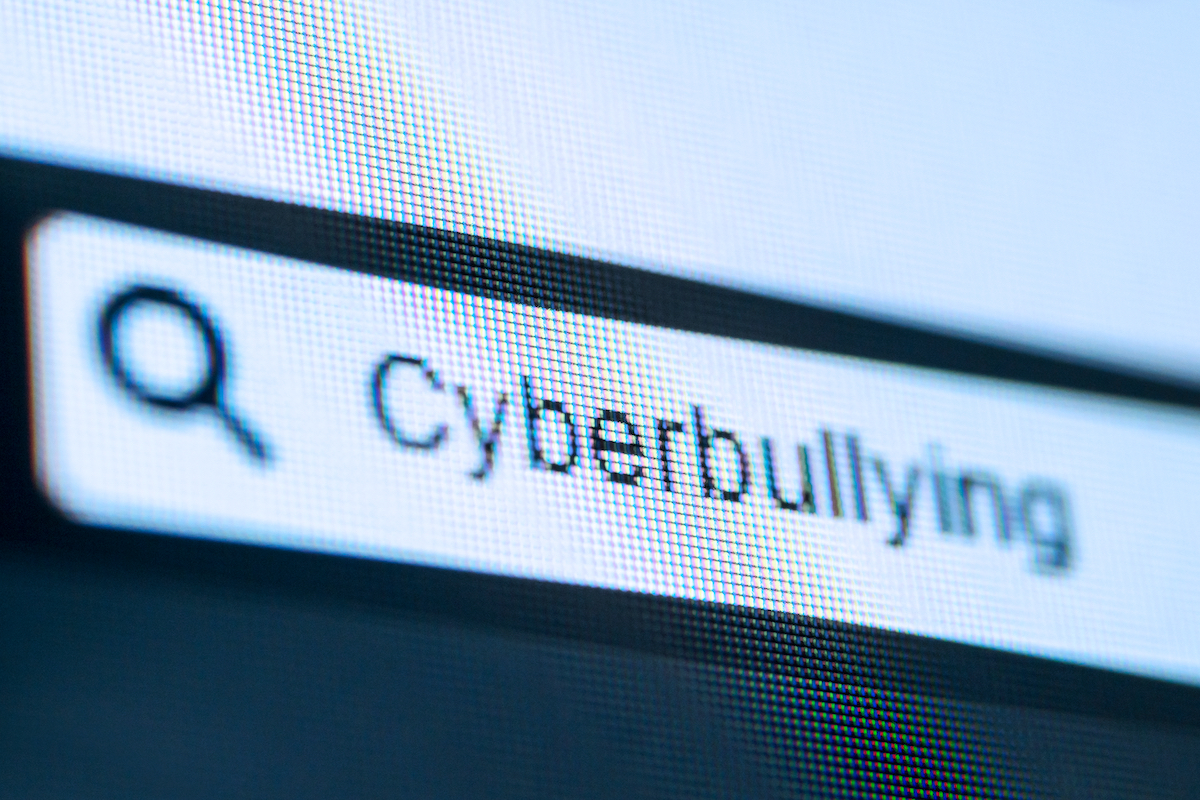
Any e-Safety incidents are recorded and managed. e-Safety is taught to all pupils explaining and demonstrating how to stay safe and behave appropriately online.
We can only be successful in keeping children safe online if we work with parents to ensure the e-Safety message is consistent. It is important that parents speak to their children about how they can keep safe and behave appropriately online.
It’s essential to be realistic – banning the internet or technology will not work and it often makes a child less likely to report a problem. Education around safe use is essential.
Please read our Sproatley Spotlight on Online Safety for useful tips.
 Regulate Screen Time
Regulate Screen Time
Set limits to how long your child is on their phone, tablet, laptop or games console. It is vital that they have regular breaks and time away from technology. Make sure that younger children still gets lots of chances to play, explore and interact in real life, away from screens.
You can view guides related to screen time and appropriate screen usage by looking at the relevant guides on the Internet Matters website:
https://www.internetmatters.org/advice/
Set Parental Controls
You can set up parental controls to limit what your child does online. You can block any sites that you think are inappropriate and on windows you can set time limits on when your child uses their device.
YouTube allows users to enable a Restricted Mode. To turn Restricted Mode on or off please follow these instructions:
Please note, Restricted Mode works on the browser or device level, so you must turn it on for each browser you use. If your browser supports multiple profiles, you must enable it for each profile. More details can be found here: https://support.google.com/youtube/answer/174084?hl=en-GB
Do Digital Things Together
Download apps that you can play together or an ebook that you can read with each other. There are many family orientated apps out there for you to use alongside your child to show how technology can be used responsibly.
Set the Example
Model to them how to be responsible when using technology. If you have set a limit to their technology time, set one for yours too.
Try Not to Worry too Much!
Just as with any other aspect of parenting, it’s almost impossible to get everything absolutely perfect. In today’s digital world, it can be really hard to prevent children from spending too much time around screens, or to make sure they’re only exposed to age-appropriate media. Treat online activity the same way you would if your child was going to play outside.
Ask positive questions about what they’re doing online. Some examples may include:
What?
What do you like doing online/on your tablet? What can you do if you feel worried about something online? What do you watch online? What apps do you like to download and play?
Who?
Who do you interact with online? (Especially when children are playing games consoles online). Who are you friends with online? Who can you talk to if you’re worried about something online?
Where?
Where do you go online? Where do you find your games/apps? Where do you find your videos/apps? Where do you enjoy going online?


Internet Matters is an online portal designed for parents to access simple, easy and practical advice about online safety for their children, right through from pre-school to teens. It provides tips on protecting children from online grooming, cyberbullying, privacy and identity theft and inappropriate content. Internet Matters is a not-for profit organisation set up by BT, Sky, TalkTalk and Virgin Media.
Internet Matters have produced a range of guides and toolkits for parents to help create a fair, collaborative and safe environment when using technology and the internet at home. We have direct links to the online safety and screen time guides for the different age groups below, as well as the link to all of the Internet Matters toolkits and guides.
It is important that we don’t confuse limiting screen time with banning screen time. Technology and the internet can be a wonderful thing for children, both to learn with and to enjoy recreationally, however we need to build the resilience and understanding with our children by exploring the importance of limiting the amount of screen time we have.

Your trusted guide for a fast-changing world.
Media and technology are at the centre of children’s lives every day. From a very young age, children use technology at home and at school to connect with friends and family and to document their lives and create digital content of their own. With more and more of life happening online, what catches the attention of children isn’t always what’s best for them, and what companies do with their personal information isn’t always clear. Common Sense Media provides parents with the ability to ensure that any home entertainment media such as games and movies are appropriate for children based on the content they include.
Common Sense Media has five key focus areas which champion high-quality media, support closing of the digital divide, ensure that students and educators think critically about technology use, and more. The five focus areas are:
Since 2003, Common Sense has been the leading source of entertainment and technology recommendations for families and schools. Every day, millions of parents and educators trust Common Sense reviews and advice to help them navigate the digital world with their kids. Together with policymakers, industry leaders, and global media partners, Common Sense Media is building a digital world that works better for all children, their families, and their communities.

Cyberbullying is bullying that takes place online. Unlike bullying offline, online bullying can follow the child wherever they go, via social networks, gaming and mobile phone.
Cyberbullying can include:
pressuring children into sending sexual images or engaging in sexual conversations.
No single sign will indicate for certain that your child’s being bullied, but watch out for:
You might experience a huge range of emotions if you discover a child’s being bullied. Whether it’s a child in your care or someone you know, we have tips to help you cope.If you suspect your child is being bullied, explain to them what bullying is, and ask if anything like that has happened to them. Keep calm, and listen carefully to what they say.
Talk to them about bullying and cyberbullying
They may feel really scared, embarrassed or ashamed that they’re being bullied, and they may be worried about what will happen if they tell anyone. Once you know your child is being bullied, remember to check in with them regularly. Remind them that they can talk to you about how they’re feeling whenever they want.
Not sure how to start the conversation? Check out the NSPCC advice on talking about difficult topics.
Let them know who to ask for help
If they don’t want to talk to you, suggest they have a chat with another trusted adult, such as a teacher or family member. You could also suggest they contact Childline, where a trained counsellor will provide a listening ear. They don’t have to give their name and they can talk about anything that’s worrying them.
Report bullying on social media and online gaming
As well as supporting your child emotionally, there are practical steps you can take if the bullying has taken place on an online platform, such as a social media app or online gaming chat room.
London Grid for Learning DigiSafe – Keeping Children Safe
Designed with KCSIE, Ofsted and the new RSHE guidance in mind, the DigiSafe service offers a range of resources for both schools and parents and carers to help you keep children safe. There are resources designed to inform about E-Safety but there are also lots of technical support resources, resources to use alongside children such as device agreements and information about how filtering can be done effectively at home.
Young Minds Parents Helpline
The Young Minds Parents Helpline is available in England, Scotland, Wales and Northern Ireland. You’ll get through to a trained adviser who will listen and talk through your concerns in complete confidence.
Children and Parents: Media Use and Attitudes – Ofcom Report 2023
Ofcom have released their latest report; Children and Parents: Media Use and Attitudes, which shows how digital literacy, attitudes and understanding among children between the ages of 3-17 changed in 2022.In the report, a majority of children (66%) believed social media ‘helps them feel closer to their friends’ and viewed social media as a more positive experience than in previous years. The report also considered how children between the ages of 12-17 identified genuine and fake content on social media, with nearly a quarter of children (23%) being unable to identify a fake profile.The report highlights the need for a continuous focus on digital literacy to combat negative feelings and misinformation on social media, as a third of children ‘believed all or most of what they saw on social media to be accurate and true.
NSPCC – Bullying and Cyberbullying
The NSPCC offer a large pool of information and resources to support schools, parents, carers and children with bullying and cyberbullying needs.
| Cookie | Duration | Description |
|---|---|---|
| cookielawinfo-checkbox-advertisement | 1 year | Set by the GDPR Cookie Consent plugin, this cookie is used to record the user consent for the cookies in the "Advertisement" category . |
| cookielawinfo-checkbox-analytics | 11 months | This cookie is set by GDPR Cookie Consent plugin. The cookie is used to store the user consent for the cookies in the category "Analytics". |
| cookielawinfo-checkbox-functional | 11 months | The cookie is set by GDPR cookie consent to record the user consent for the cookies in the category "Functional". |
| cookielawinfo-checkbox-necessary | 11 months | This cookie is set by GDPR Cookie Consent plugin. The cookies is used to store the user consent for the cookies in the category "Necessary". |
| cookielawinfo-checkbox-others | 11 months | This cookie is set by GDPR Cookie Consent plugin. The cookie is used to store the user consent for the cookies in the category "Other. |
| cookielawinfo-checkbox-performance | 11 months | This cookie is set by GDPR Cookie Consent plugin. The cookie is used to store the user consent for the cookies in the category "Performance". |
| CookieLawInfoConsent | 1 year | Records the default button state of the corresponding category & the status of CCPA. It works only in coordination with the primary cookie. |
| DYNSRV | session | This cookie is used for load balancing purposes to decide which server to send the visitor. |
| viewed_cookie_policy | 11 months | The cookie is set by the GDPR Cookie Consent plugin and is used to store whether or not user has consented to the use of cookies. It does not store any personal data. |
| Cookie | Duration | Description |
|---|---|---|
| 1 hour | Used by Yahoo to provide ads, content or analytics. |
| Cookie | Duration | Description |
|---|---|---|
| CONSENT | 2 years | YouTube sets this cookie via embedded youtube-videos and registers anonymous statistical data. |
| Cookie | Duration | Description |
|---|---|---|
| NID | 6 months | NID cookie, set by Google, is used for advertising purposes; to limit the number of times the user sees an ad, to mute unwanted ads, and to measure the effectiveness of ads. |
| VISITOR_INFO1_LIVE | 5 months 27 days | A cookie set by YouTube to measure bandwidth that determines whether the user gets the new or old player interface. |
| YSC | session | YSC cookie is set by Youtube and is used to track the views of embedded videos on Youtube pages. |
| yt-remote-connected-devices | never | YouTube sets this cookie to store the video preferences of the user using embedded YouTube video. |
| yt-remote-device-id | never | YouTube sets this cookie to store the video preferences of the user using embedded YouTube video. |
| yt.innertube::nextId | never | This cookie, set by YouTube, registers a unique ID to store data on what videos from YouTube the user has seen. |
| yt.innertube::requests | never | This cookie, set by YouTube, registers a unique ID to store data on what videos from YouTube the user has seen. |
| Cookie | Duration | Description |
|---|---|---|
| COMPASS | 1 hour | No description |

